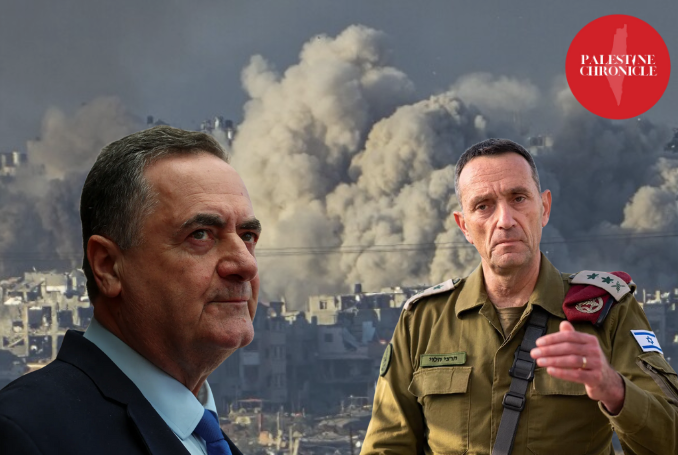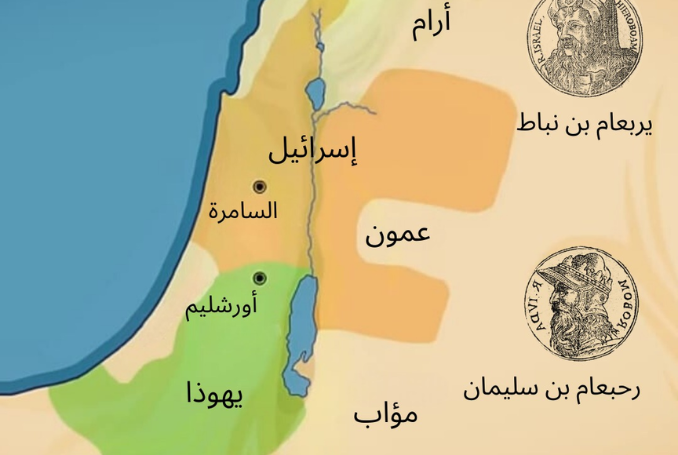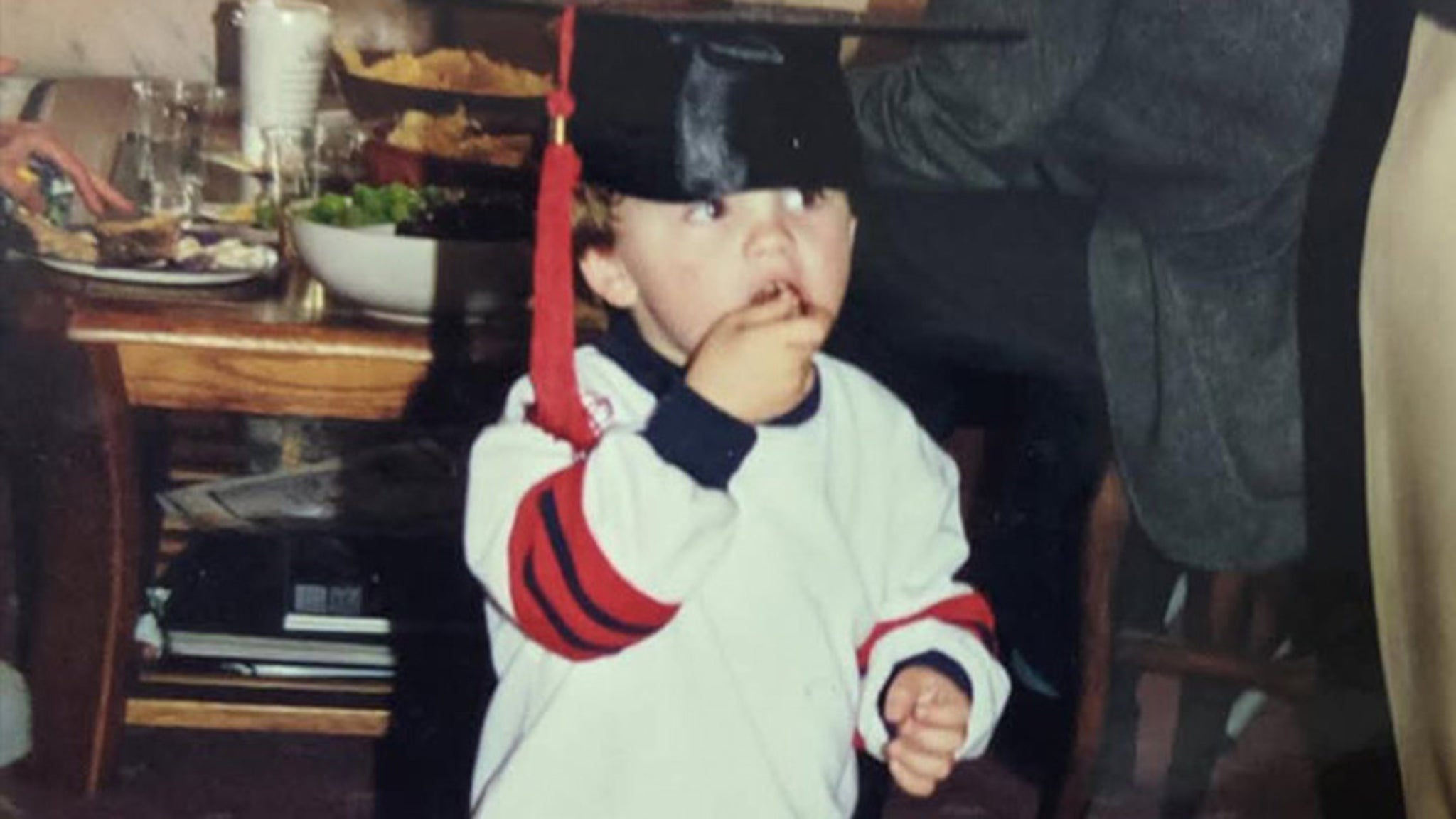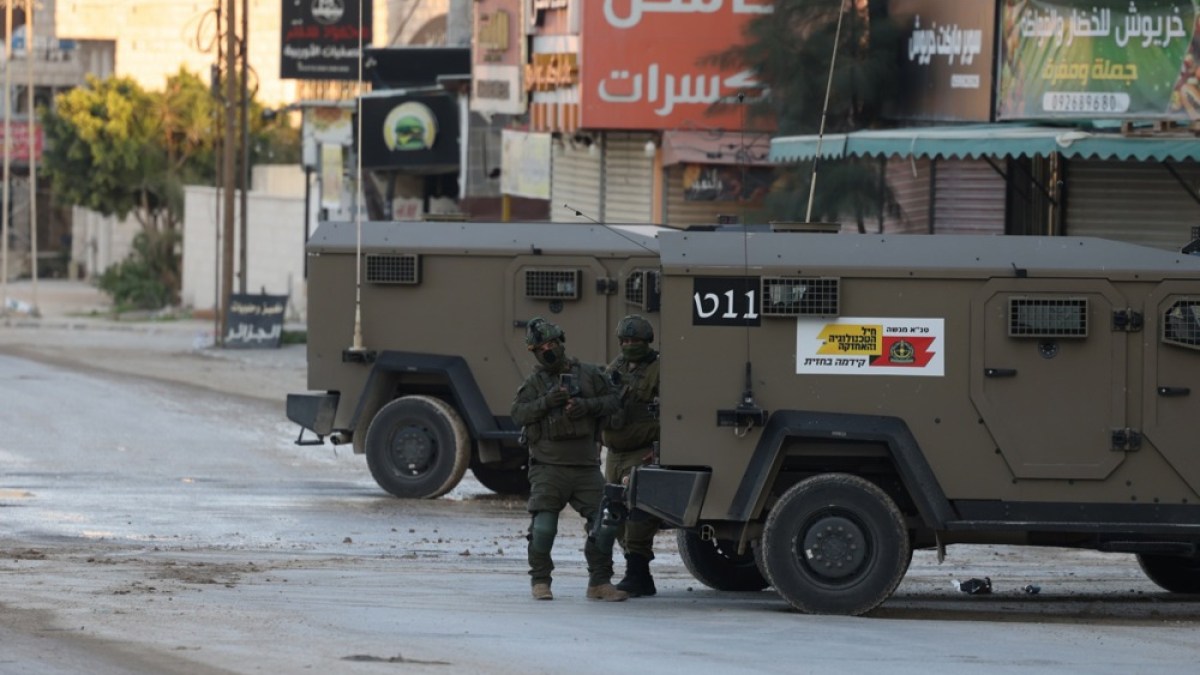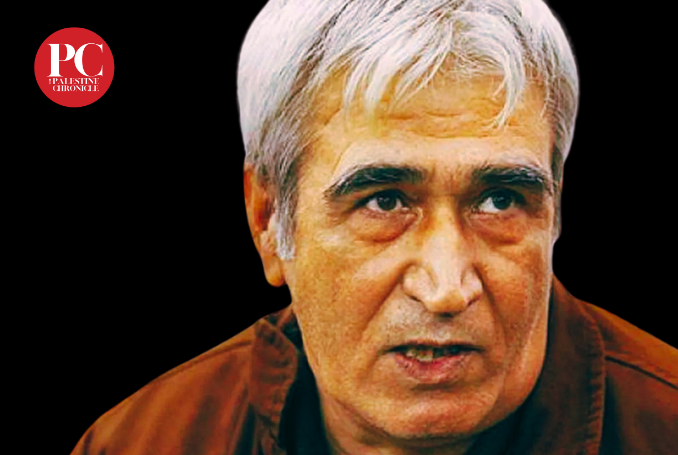

By Benay Blend
On the 23rd anniversary of Ahmad Sa’adat’s arrest, we reflect on his unyielding commitment to Palestinian freedom and his call for unity in the face of ongoing oppression.
In the title quote, Abla Sa’adat describes her husband’s resilience and sumud (steadfastness), qualities that she also shares. “We must return to resistance, as it is the only option to restore our dignity, our freedom, our prisoners and our land,” she said.
January 15, 2025, marks the 23rd anniversary of Ahmad Sa’adat’s arrest by the Palestinian Authority (PA) under the pretext of “security cooperation” with the Israeli occupation. After Zionist forces abducted him from the PA’s Jericho Prison, he was sentenced to spend 30 years in Israeli prisons on December 25, 2008, accused of leading a prohibited organization, the Palestinian Front for the Liberation of Palestine (PFLP) of which he is the General Secretary.
In the upcoming days there will be an updated call for action to free Sa’adat for as well as other Palestinian prisoners held in Israeli detention.
The systemic assassination, imprisonment, and detention of Palestinian political leaders is reflected in the sentencing of Sa’adat and other members of the Palestinian Legislative Council, including human rights activist and feminist Khalida Jarrar.
Those detained today comprise approximately 9,440 Palestinians imprisoned on similar “security” grounds, including 1,761 from the Gaza Strip. These numbers were reported by the Israeli human rights group B’Tselem, and are accurate as of June 2024.
Sa’adat is among the top three on Hamas’s list that calls for a prisoner exchange deal with Israel. The others are Marwan Barghouti, 64, a member of Fatah’s Central Committee and a favorite to chair the Ramallah-based Palestinian Authority after President Mahmoud Abbas, and Abdullah Barghouti, an important leader of Hamas. Both are serving multiple life sentences.
Calling attention to the case of Ahmad Sa’adat holds special significance this year in light of the Zionist’s genocidal siege on Gaza as well as the PA’s increased activity on the West Bank.
As of January 6, the Gaza Health Ministry reports 45, 854 deaths, 109, 139 wounded, and 11,000 missing. According to Palestine Chronicle Staff, these numbers are underestimated because the Ministry only confirms a casualty when a person arrives at a hospital or clinic, thus generating an official record. The number of missing is also an understatement because a person has to be officially registered by a relative for that number to be added to the list.
In October 2001, the PFLP assassinated Israeli Tourism Minister, Rehavam Ze’evi, an act that provided the PA with a pretext for rounding up PFLP members and holding them in prison. Against the judgment of the PA’s own courts, this act implied that the PA was acting on “Israeli” orders to seek revenge after the assassination of its Minister.
For the entire period of Sa’adat’s imprisonment in PA jails, he had been convicted of no crime. The Jericho-based prison was allegedly under the rule of the PA, but after UK and US observers left the jail, Israeli forces took over.
While the PA surrendered to the Zionist invaders, many of the prisoners preferred to fight back. The latter included Ahmad Sa’adat, who was later captured by Zionist armed forces as part of their “Operation Bringing Home the Goods.”
Sa’adat’s detention in a PA prison for over four years, until his abduction by Israeli forces in 2006, holds relevance today. “Every time there is a serious effort towards Palestinian unity to confront the occupation,” explains Samidoun: Palestinian Prisoner Solidarity Network, “Palestinian Authority ‘security coordination’ forces, in league with the Zionist occupiers, launch arrests and attacks against the Palestinian resistance.”
Then and now, this policy aspires to avert resistance in the West Bank and, above all, “to prevent Palestinian unity, as it is impossible to have national unity with forces that are actively engaged in an alliance with the occupation regime against the resistance.”
Since October 7, 2023, the PA has detained at least 1,800 Palestinians for “security” reasons, while failing to provide protection for Palestinian people who are facing violence on a daily basis from illegal settlers and the occupation.
“It is an irony that has become all too familiar,” Ramzy Baroud observes, “the Palestinian entity that was supposed to represent the will of the people and lead them towards freedom has become complicit in crushing resistance in one of the most marginalized and impoverished areas of the Israeli-occupied West Bank, all while serving the interests of the occupation state.”
Such compradors also acted in Argentina during the “dirty war” waged by the military dictatorship under Jorge Videla. After the 1976 coup, Argentina’s military launched to crush any potential opposition.
The US-backed junta in Argentina would continue until 1983. Given the similarities, it was no coincidence that Palestine Chronicle and Brazilian newspaper A Nova Democracia featured an interview with pro-Palestinian filmmaker Norman Briski.
Like Ghassan Kanafani, who saw alliances with global struggles as “the only way to create a camp that is capable of facing and triumphing over the imperialist camp” (Ghassan Kanafani: Selected Political Writings, edited by Louis Brehony and Tahrir Hamdi, 2024, p. 111), Briski drew connections between anti-imperialist struggles in Latin America and the Palestinian liberation movement today.
“Today, we have to be Palestinians,” he said. “Just as we must be Mapuche if we are Argentine, or Black if we face the inequalities endured by Black people in the United States. We must align ourselves with every emancipatory struggle against oppression.”
Indeed, unity is a theme woven throughout all resistance movements, especially among prisoners in their struggles. During Argentina’s seven years of military rule (1976-1983), known as the Processo, there was a period of state-sponsored repression and violence that resulted in approximately 30,000 deaths and disappearances.
In The Little School (1998), a secret prison ironically named for its former status, activist/poet Alicia Partnoy creates what she calls a “discourse of solidarity” (“Textual Strategies to Resist Disappearance and the Mothers of the Plaza de Maya,” Florida Atlantic Comparative Studies Journal 12, 2010-2011, p. 5), testimonials of her cell mates that come together as a collective story of the disappeared.
In prison, Partnoy transformed the poetry that she wrote for her daughter to fit any prisoner’s child. Writing for specific occasions not only helped her survive, she found that it also helped to lift the spirits of her friends (Revenge of the Apple, 1992, p. 14). In this way, she took on the suffering of other captive mothers, a communal effort much like Palestinian actions in Israeli jails.
Similarly, Sa’adat has continued to organize among his fellow prisoners, which explains why the Zionists have also continued to place him in solitary along with moving him from jail to jail. On May 28, 2017, he issued a statement on behalf of the Palestinian prisoners’ strike, whose end result he labeled a “collective victory.”
“This victory was the collective fruit of the efforts of the Palestinian people who rallied around the strike,” he continued, “including individuals and institutions, national, human rights, humanitarian and popular organizations, through the sacrifices of the martyrs, the wounded and the prisoners.”
Finally, Sa’adat closed with a plea for civil society to follow the prisoners’ model of unity and collective action, a call that has relevance today:
“What our Palestinian political forces and factions must do to support the prisoners and strengthen their steadfastness is to restore our national unity toward a path of advancement and leave behind this stage of going around endlessly in circles.”
On the occasion of two weeks of action to free Sa’adat in 2020, Khaled Barakat, Palestinian writer and activist, remarked:
“It is very important for us to reflect the real image of our prisoners: Our leaders, our student movement leaders, our feminist movement leaders, our labor movement leaders. These are the Palestinian prisoners confronting the occupation on a daily basis…When we stand in solidarity with Palestinian prisoners, we stand in solidarity with Palestinian resistance.”
From Ahmad Sa’adat’s life, there are many lessons to be learned: the betrayals by the PA that have only escalated to this day; the role of the Palestinian prisoners’ movement as the cradle of resistance; and the importance of collective organizing both inside and outside the prison walls.
Targeted for his political role and acumen of vision, Sa’adat remains steadfast and unbroken to this day, despite the brutality imposed on him along with other political prisoners.
On June 22, 2010, Sa’adat sent a message to the US Social Forum in which he called for “a global left front – for socialism, equality, justice and liberation! We join in your call: Another World is Possible! Another US is Necessary!”
As Israel escalates its genocide on Gaza along with renewed efforts to annex the West Bank, as Donald Trump ascends for a second term as President of the United States, Sa’adat’s call is more pertinent now than ever.

– Benay Blend earned her doctorate in American Studies from the University of New Mexico. Her scholarly works include Douglas Vakoch and Sam Mickey, Eds. (2017), “’Neither Homeland Nor Exile are Words’: ‘Situated Knowledge’ in the Works of Palestinian and Native American Writers”. She contributed this article to The Palestine Chronicle.


